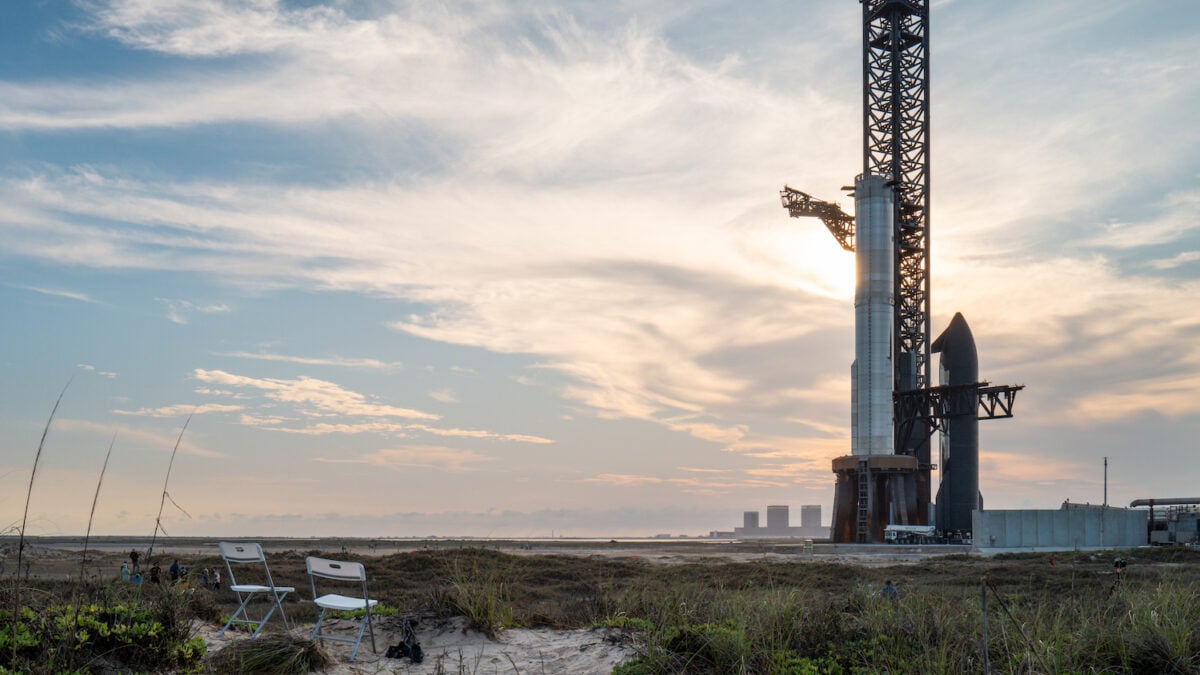Private Spaceflight Enters the Wild West as Trump Slashes Regulations

President Donald Trump is calling for an ease of regulations for commercial spaceflight and streamlining licensing for rocket launches and reentries. The move highly favors companies like SpaceX but could have negative repercussions on environmental habitats surrounding launchpads.
On Wednesday, August 13, Trump signed an executive order intended to bolster the spaceflight industry and increase the overall commercial launch cadence. In it, Trump calls on Transportation Secretary Sean Duffy, who is also currently serving as the acting administrator for NASA, to “eliminate or expedite…environmental reviews for, and other obstacles to the granting of, launch and reentry licenses and permits.” The order also directs Duffy to “reevaluate, amend, or rescind” safety requirements and conditions for launch and reentry licenses that were written during Trump’s first term as president in 2020.
“By slashing red tape tying up spaceport construction, streamlining launch licenses so they can occur at scale, and creating high-level space positions in government, we can unleash the next wave of innovation,” Duffy said in a statement. “I look forward to leveraging my dual role at DOT and NASA to make this dream a reality.”
The Federal Aviation Administration (FAA) is responsible for granting licenses for space launches and reentries while ensuring public safety and protection of property. For years, SpaceX CEO and founder Elon Musk has expressed dismay over regulatory bodies such as the FAA, complaining that bureaucratic red tape is holding his rocket company back.
“Starships need to fly. The more we fly safely, the faster we learn; the faster we learn, the sooner we realize full and rapid rocket reuse,” SpaceX wrote in a blog last year while awaiting a launch license for Starship’s fifth test flight. “Unfortunately, we continue to be stuck in a reality where it takes longer to do the government paperwork to license a rocket launch than it does to design and build the actual hardware.”
On the other hand, local environmental groups in Boca Chica, Texas, the site of SpaceX’s Starbase launch facility, have criticized the FAA for regulatory oversight. Starship’s inaugural liftoff in April 2023 sent chunks of concrete and metal thousands of feet away from the launchpad, prompting a review of environmental impacts and potential threats to endangered species in the Boca Chica region. Shortly after, conservation groups filed a lawsuit against the FAA for its approval of SpaceX’s expanded launch operations in Boca Chica, Texas, without adequate environmental review. The lawsuit claims that the FAA didn’t require an in-depth environmental impact statement before approving SpaceX’s Starship plans.
FAA officials claim that the new order will serve the space economy. “The FAA strongly supports President Trump’s Executive Order to make sure the U.S. leads the growing space economy and continues to lead the world in space transportation and innovation,” FAA Administrator Bryan Bedford said in a statement. “This order safely removes regulatory barriers so that U.S. companies can dominate commercial space activities.”
Environmental experts, on the other hand, disagree. “This reckless order puts people and wildlife at risk from private companies launching giant rockets that often explode and wreak devastation on surrounding areas,” Jared Margolis, senior attorney for the Center for Biological Diversity, wrote in a statement. “Bending the knee to powerful corporations by allowing federal agencies to ignore bedrock environmental laws is incredibly dangerous and puts all of us in harm’s way.”



- CỘNG ĐỒNG
- News
- Tech
- Food
- Causes
- Personal
- Art
- Crafts
- Dance
- Drinks
- Film
- Fitness
- Giochi
- Gardening
- Health
- Home
- Literature
- Science
- Networking
- Party
- Religion
- Fashion
- Sports
- Stars
- Xã Hội


